Tech giants sued over child labour in mines producing vital ingredient for batteries
Massive tech companies including Apple and Google are accused of having child labour in their supply chains in a new lawsuit.
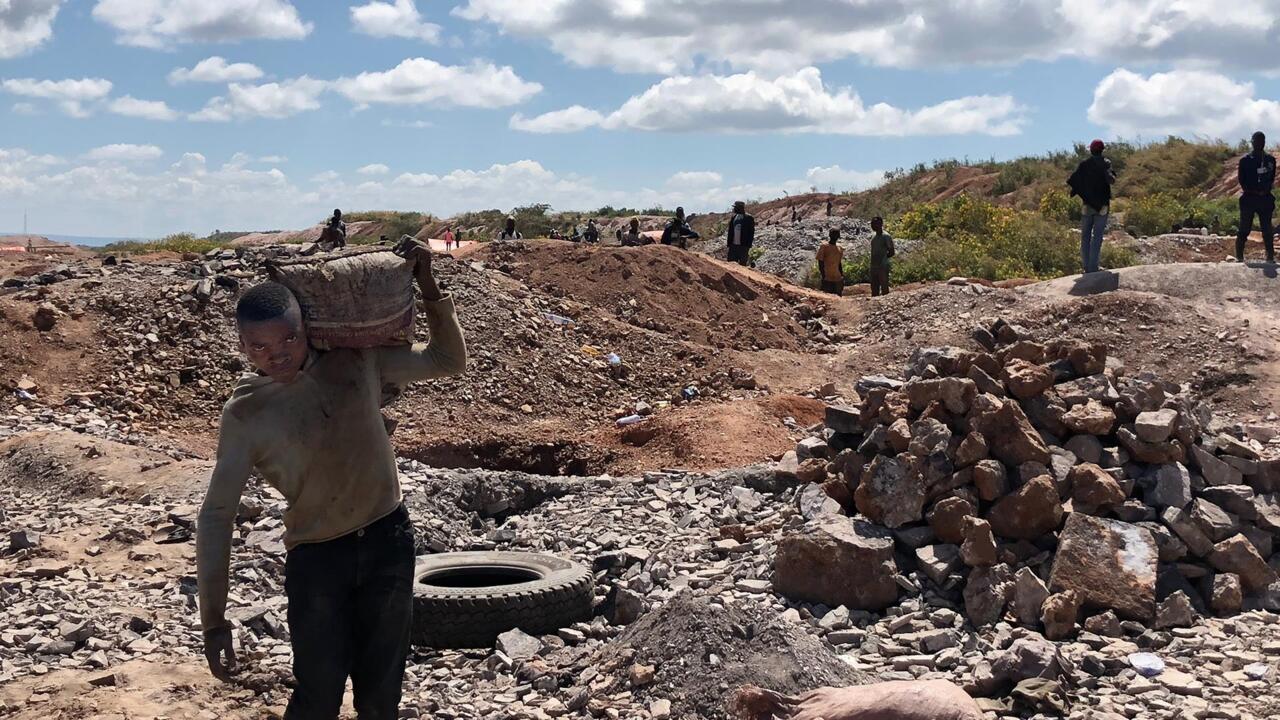
An essential ingredient in the lithium-ion batteries that power your smartphone, laptop and even your car is driving a new lawsuit from the families of children who were maimed or killed mining it.
Apple, Alphabet (Google’s parent company), Microsoft, Dell, and Tesla are named in a lawsuit filed by International Rights Advocates, a legal advocate group that seeks to “promote human rights and corporate accountability”.
The lawsuit, filed at the start of this week in the US District Court of Washington DC, represents 14 anonymous (or “Doe”) plaintiffs from the Democratic Republic of Congo (DRC).
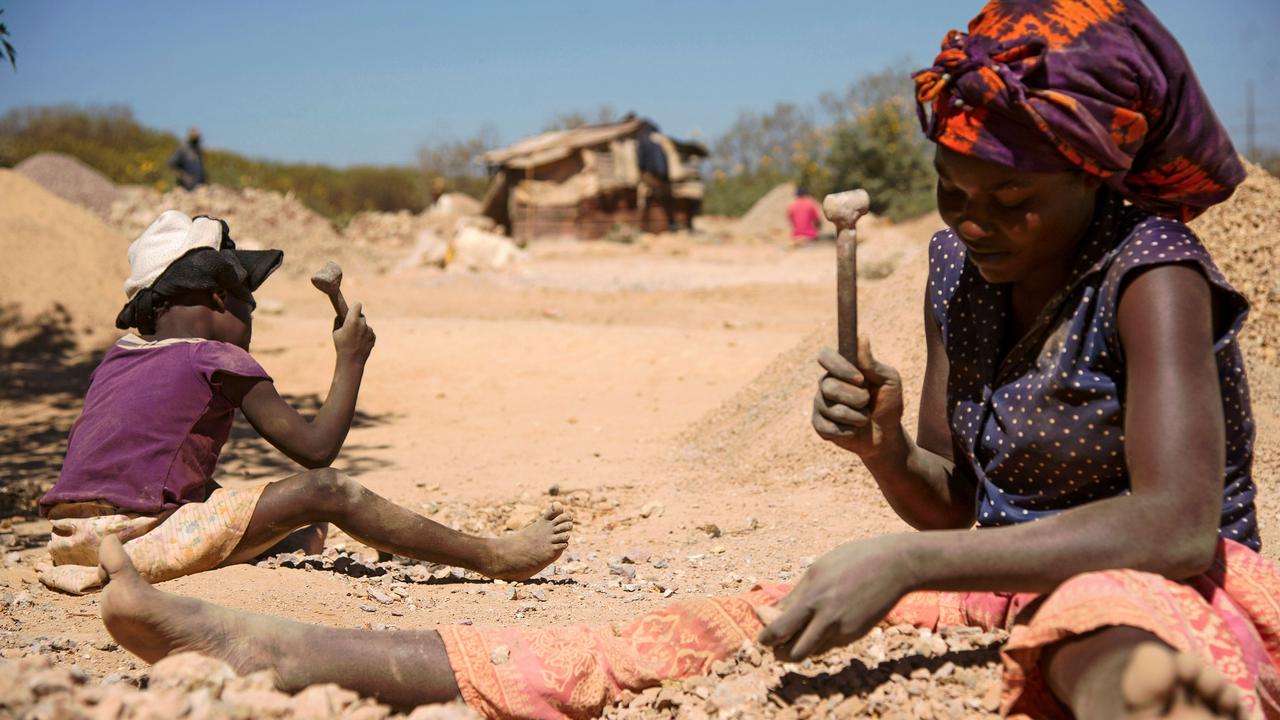
“The young children mining (tech companies’) cobalt are not merely being forced to work full-time, extremely dangerous mining jobs at the expense of their educations and futures; they are being regularly maimed and killed by tunnel collapses and other known hazards common to cobalt mining in the DRC,” the lawsuit alleges.
Among the plaintiffs are a 17-year-old miner who lost his leg after being hit by a truck while leaving a mine on a motorcycle weighed down with more than 200 kilograms of cobalt in July this year.
The driver fled the scene and the plaintiff still owes the hospital significant funds after no help was provided to him following the incident despite him having worked at the mine since he was 14 for around $US9 a week ($A13).
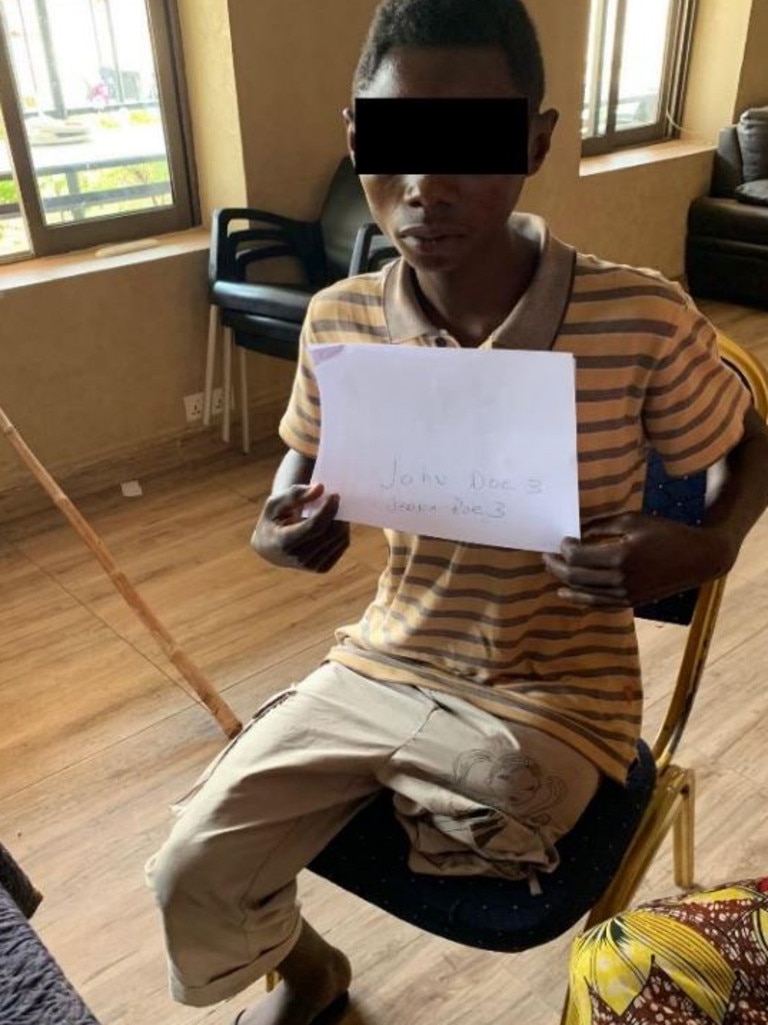
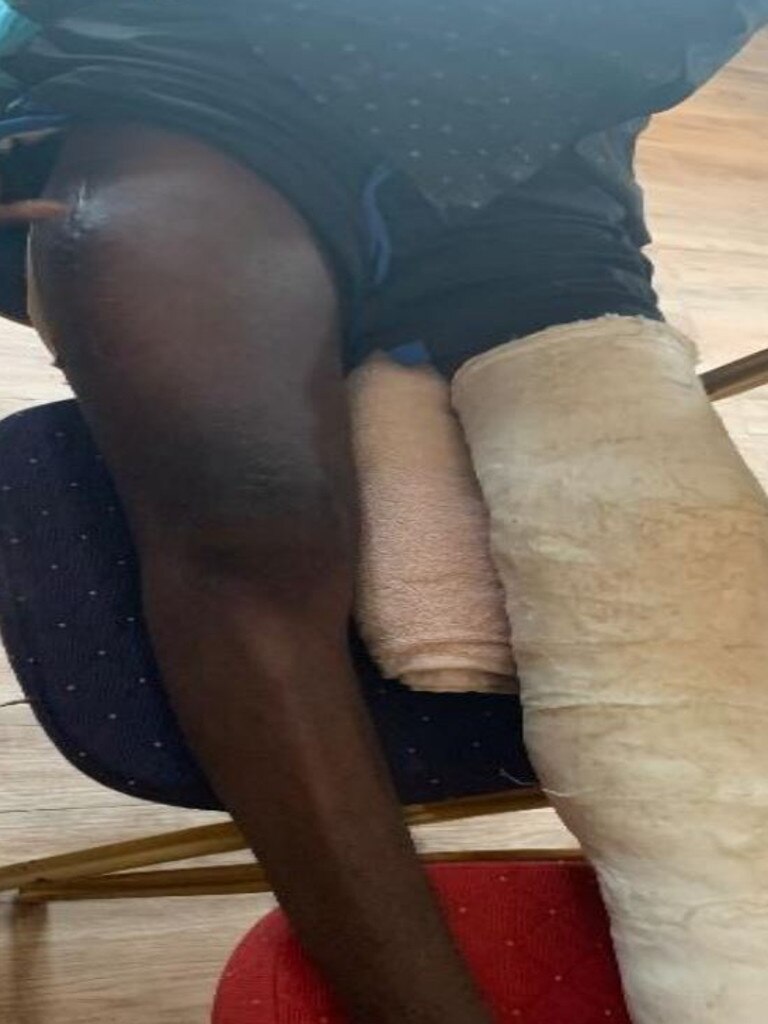
The lawsuit also includes a photo of one plaintiff whose legs were crushed when an unsupported tunnel he was mining cobalt in collapsed.
International Rights Advocates said his situation “is typical of the young men maimed by cobalt mining in the DRC, where production has soared under extremely primitive conditions to meet the demand for cobalt caused by the tech boom led by (the) defendants”.
The lawsuit said the plaintiff was injured at a mine supplying the Chinese company Zhejiang Huayou Cobalt, which has sold cobalt to Apple, Dell and Microsoft.
British-Swiss miner Glencore also features heavily in the lawsuit.
Cobalt mines in the DRC in central Africa are responsible for more than 60 per cent of the cobalt that’s pulled out of the ground.
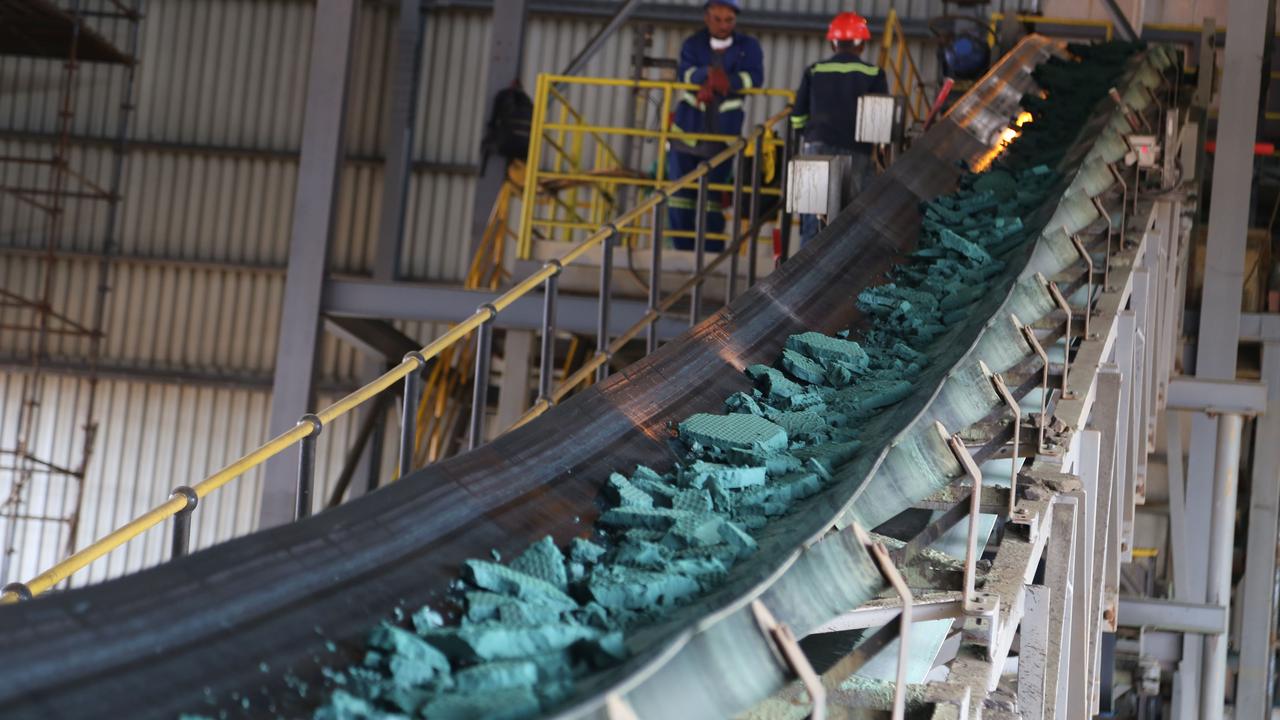
It produces far more of the metal than any other country and has almost three times the amount of cobalt reserves as the next nearest country, Australia.
It’s also one of the least developed nations in the world, and its progress has been hindered by many years of government corruption and violent unrest.
Many reports have shed light on the exploitation and abuse that goes on in Congolese cobalt mines, and murky supply chains that rely on middlemen means it’s almost a certainty at least some of this illegally mined cobalt finds its way into consumer tech devices, even when companies try to avoid it.
Consumer demand for these devices is not going down, and demand for cobalt is expected to double by the end of next year on the back of increased production of electric vehicles.
ARE THE TECH COMPANIES DOING ANYTHING?
Apple stopped buying cobalt from Zhejiang Huayou in 2017 following a Sky News investigation that showed children as young as four working in the mines for mere cents a day.
Apple said it would work with Zhejiang Huayou to verify mines to its standards.
“These mines will re-enter our supply chain when we are confident that the appropriate protections are in place,” the company said in a statement at the time.
Apple also removed two cobalt smelters and refiners from its supply chain last year following third party audits, according to the Supplier Responsibility report the company publishes each year.
Reports like that one, as well as the removal of the problem suppliers identified, were a key driver in Amnesty International identifying the company as the “industry leader” on responsible cobalt sourcing, where other companies were neglecting to take even “basic steps” to investigate their supply chains.
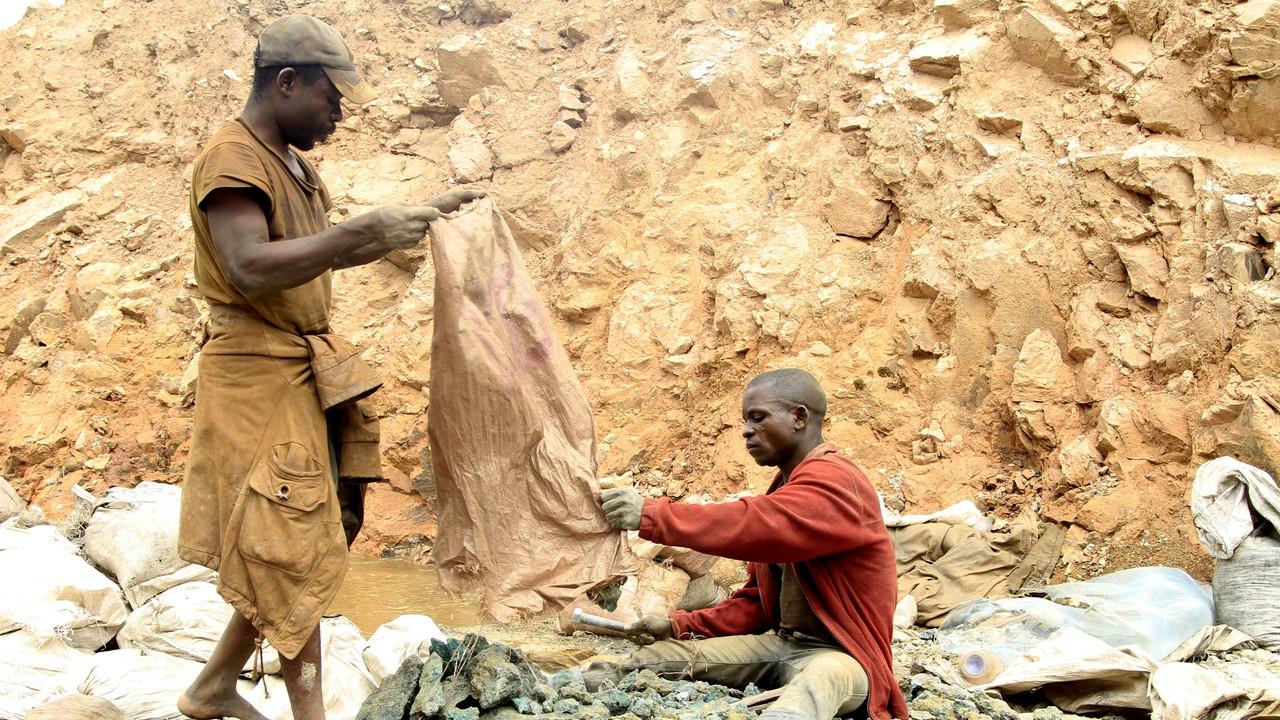
None of the 29 companies in the Time To Recharge report had taken all possible actions, but only Apple and Samsung’s battery business had taken what the human rights group called “adequate” action.
Of the other companies named in the new lawsuit, Dell and Tesla had taken moderate action, while Microsoft had taken none.
Microsoft disputed the report, telling Reuters the company was taking a “holistic” approach to addressing the issue, including working to address the socio-economic causes of child labour.
“Despite Amnesty International’s assertions, Microsoft has made significant progress on this important issue,” the company said.
Google doesn’t feature in the Amnesty International report.
Should multi-billion dollar corporations be more transparent about their supply chains? Let us know what you think in the comments below.



